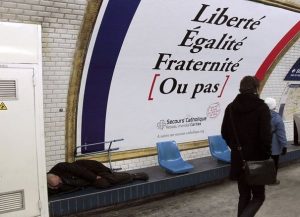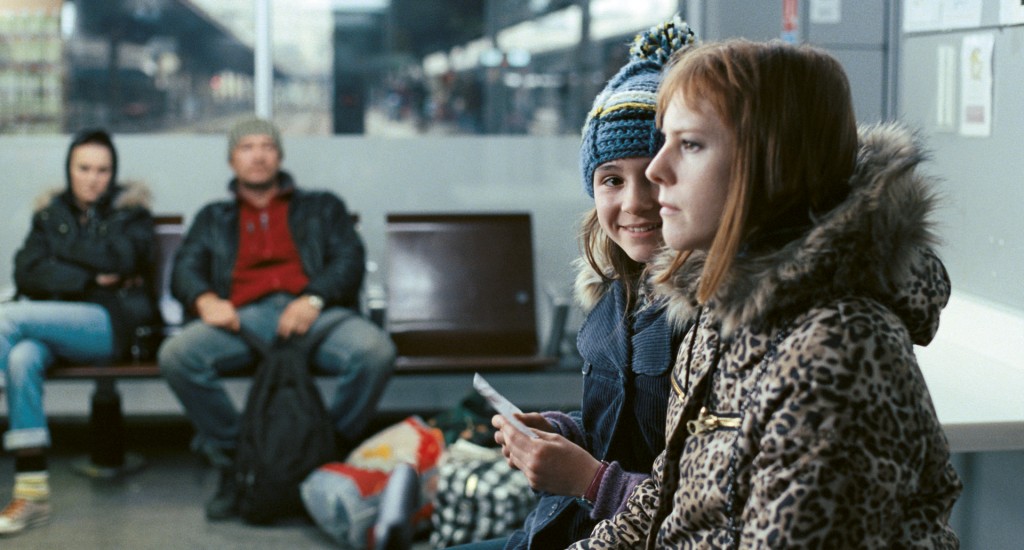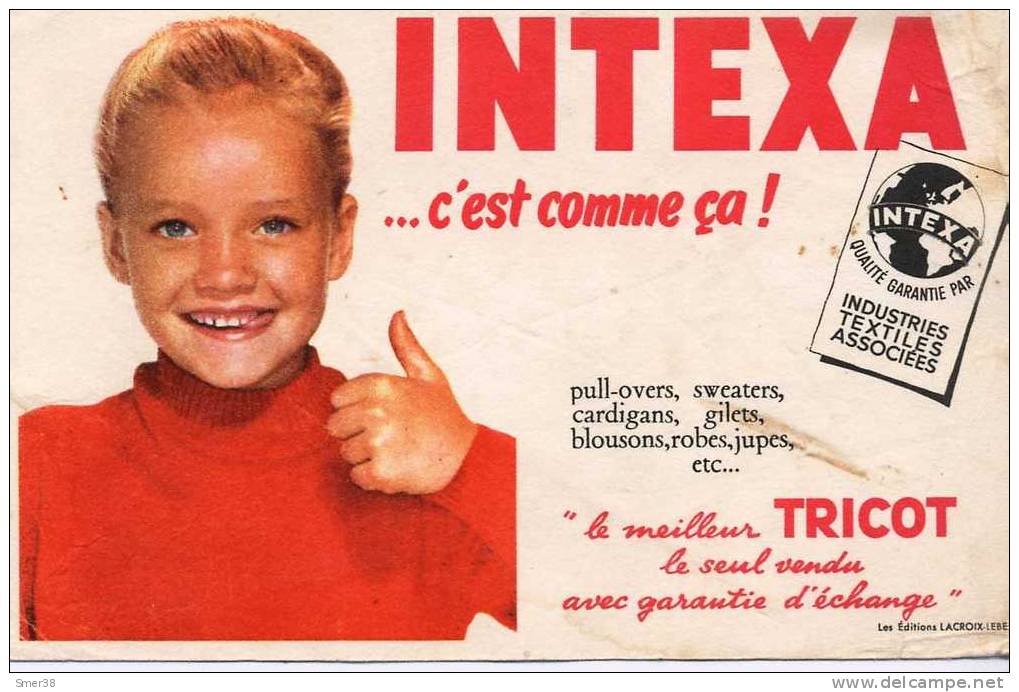
posted by Simon Kemp
‘La ville invisible’ (the invisible city) is the metaphor that introduces the final section of Lou’s presentation to her class in Delphine de Vigan’s No et moi. The novel reproduces the section in full (in fact, it’s the only part of Lou’s speech that the book does include). Here’s what she says:
Il y a cette ville invisible, au cœur même de la ville. Cette femme qui dort chaque nuit au même endroit, avec son duvet et des sacs. À même le trottoir. Ces hommes sous les ponts, dans les gares, ces gens allongés sur des cartons ou recroquevillés sur un banc. Un jour, on commence à les voir. Dans la rue, dans le métro. Pas seulement ceux qui font la manche. Ceux qui se cachent. On repère leur démarche, leur veste déformée, leur pull troué. Un jour on s’attache à une silhouette, à une personne, on pose des questions, on essaie de trouver des raisons, des explications, et puis on compte. Les autres, des milliers. Comme le symptôme de notre monde malade. Les choses sont ce qu’elles sont. Mais moi je crois qu’il faut garder les yeux grands ouverts. Pour commencer. (p. 70)
à même le trottoir : (right) on the pavement
recroquevillé : huddled up
faire la manche : to beg
se cacher: to hide
repérer: to spot, notice
la démarche : the way [they] walk
déformé: stretched out of shape
troué: with holes in it
So the ville invisible is the same city in which everyone else lives (Paris, in Lou’s case), but it is the city made up of homeless people. Her first examples are those we might expect: people sleeping on the streets surrounded by their belongings, under bridges, in stations, lying on cardboard or huddled on benches. Begging for small change. They’re invisible because people choose not to see them: embarrassed, afraid or indifferent, we walk past without acknowledging the presence of the homeless, acting as if there was nobody there.
But these are not the only people Lou is talking about, and this is not the only kind of invisibility in the invisible city. The homeless are not just the people we avoid looking at, but the people we see without realizing they are in distress. The second part of Lou’s paragraph focuses on the people who hide their homelessness, but whose status can be betrayed by small clues in their appearance:
On repère leur démarche: You can spot them by the way they walk (because of drugs or alcohol? untreated injuries? or simply the fact of having nowhere to go?)…
On repère […] leur veste déformée: You can spot them by a stretched-out jacket (bulked out by extra layers of clothing beneath it for warmth?)…
On repère […] leur pull troué: You can spot them by the holes in a worn-out jumper.
Lou has found herself starting to ‘tune in’ to the presence of these people, people like No, and she’s here encouraging her classmates to try to do the same thing. The first step is to see the invisible people, to start to realize just how many of them there are. Then you can try to do something to help them.
The idea of the invisible city crops up several more times in the course of the novel, for instance on p. 76 and 119. As Lou thinks more about it, it develops into an image of a parallel world, occupying the same space as ours but treated as if in a different dimension: ‘ce monde parallèle qui est pourtant la nôtre’ (p. 119). Lou refuses to accept that her world must remain separate from No’s. The story is her quest to find ‘un endroit où les mondes communiquent entre eux’ (p. 76).


 posted by Simon Kemp
posted by Simon Kemp



